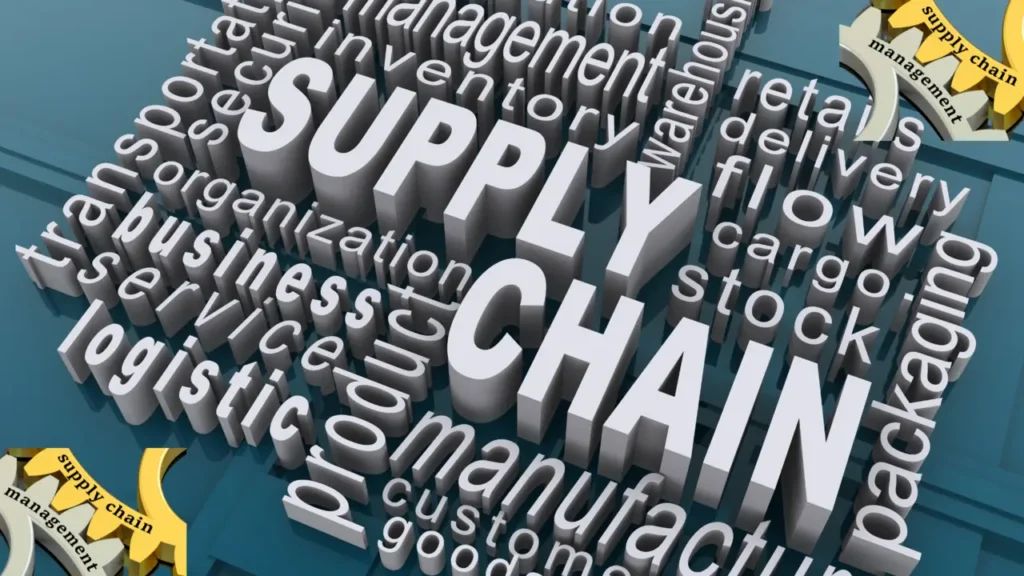What Is a Supply Chain Analyst Skills?
In today’s global economy, supply chains are the backbone of business success. Companies need to deliver products quickly and efficiently to stay competitive. Managing this complex flow of goods requires careful planning and analysis.
This is where a supply chain analyst comes in. They use data and insights to help businesses run their supply chains smoothly. By identifying problems and finding solutions, they make sure products reach customers on time while keeping costs low.
Whether you’re considering a career as a supply chain analyst or just want to learn more, understanding this role is essential. This article covers what a supply chain analyst does, the skills needed, job opportunities, salary expectations, and how to become one.
The Role of a Supply Chain Analysts
A supply chains analysts is a professional who specializes in analyzing and improving an organization’s supply chain operations. Their primary goal is to ensure that products move from suppliers to customers in the most efficient and cost-effective manner possible.

Key Responsibilities
- Data Analysis: Examining supply chain data to identify inefficiencies and areas for improvement.
- Process Optimization: Implementing strategies to streamline operations and reduce costs.
- Forecasting: Predicting future demand to ensure adequate inventory levels.
- Supplier Management: Evaluating and managing relationships with suppliers to ensure quality and timely delivery.
- Reporting: Providing regular reports to management on supply chain performance and areas needing attention.
What Does a Chain Analyst Do?
The day to day tasks of a supply chain analyst can vary depending on the industry and company size. However, common duties include:
- Inventory Management: Monitoring stock levels and ensuring timely replenishment.
- Logistics Coordination: Overseeing the transportation and storage of goods.
- Vendor Relations: Negotiating contracts and maintaining strong relationships with suppliers.
- Risk Management: Identifying potential disruptions in the supply chain and developing contingency plans.
- Performance Metrics: Establishing and tracking key performance indicators (KPIs) to assess supply chain efficiency.
Supply Chain Analyst Jobs
The demand for skilled supply chains analysts is growing across various industries, including manufacturing, retail, and logistics. Job titles in this field may include:
- Logistics Analyst
- Procurement Analyst
- Inventory Analyst
- Operations Analyst
These roles often require a combination of analytical skills, industry knowledge, and proficiency with supply chain management software.
Supply Chain Analyst Salary Expectations
Salaries for supply chains analysts can vary based on experience, education, and location. On average:
- United States: The median annual salary is approximately $75,540 .
- Pakistan: In Lahore, the average monthly salary is around Rs 60,680 .
Salaries tend to increase with experience and additional certifications.
How to Become a Supply Chain Analyst
Embarking on a career as a supply chain typically involves the following steps:
- Education: Obtain a bachelor’s degree in supply chain management, logistics, business administration, or a related field.
- Experience: Gain practical experience through internships or entry-level positions in supply chain or logistics departments.
- Certifications: Enhance your qualifications with certifications such as:
- Certified Supply Chain Professional (CSCP)
- Certified in Production and Inventory Management (CPIM)
- SCPro Certification
Conclusion
A supply chains analyst plays a crucial role in ensuring the smooth operation of a company’s supply chain. By analyzing data, optimizing processes, and managing relationships, they contribute significantly to a company’s efficiency and profitability.
FAQs
What qualifications are needed to become a supply chain analyst?
A bachelor’s degree in supply chain management, logistics, or a related field is typically required. Certifications like CSCP or CPIM can enhance job prospects.
What industries employ supply chains analysts?
Industries such as manufacturing, retail, logistics, and e-commerce frequently hire supply chain analysts to optimize their operations.
How can a supply chain analyst advance in their career?
Advancement can be achieved by gaining experience, obtaining advanced certifications, and taking on leadership roles within supply chain departments.
What tools do supply chain analysts use?
Common tools include Enterprise Resource Planning (ERP) systems, data analysis software like Excel and SQL, and supply chain management platforms.
What challenges do supply chain analysts face?
Challenges include managing supply chain disruptions, maintaining supplier relationships, and adapting to technological advancements in the field.





